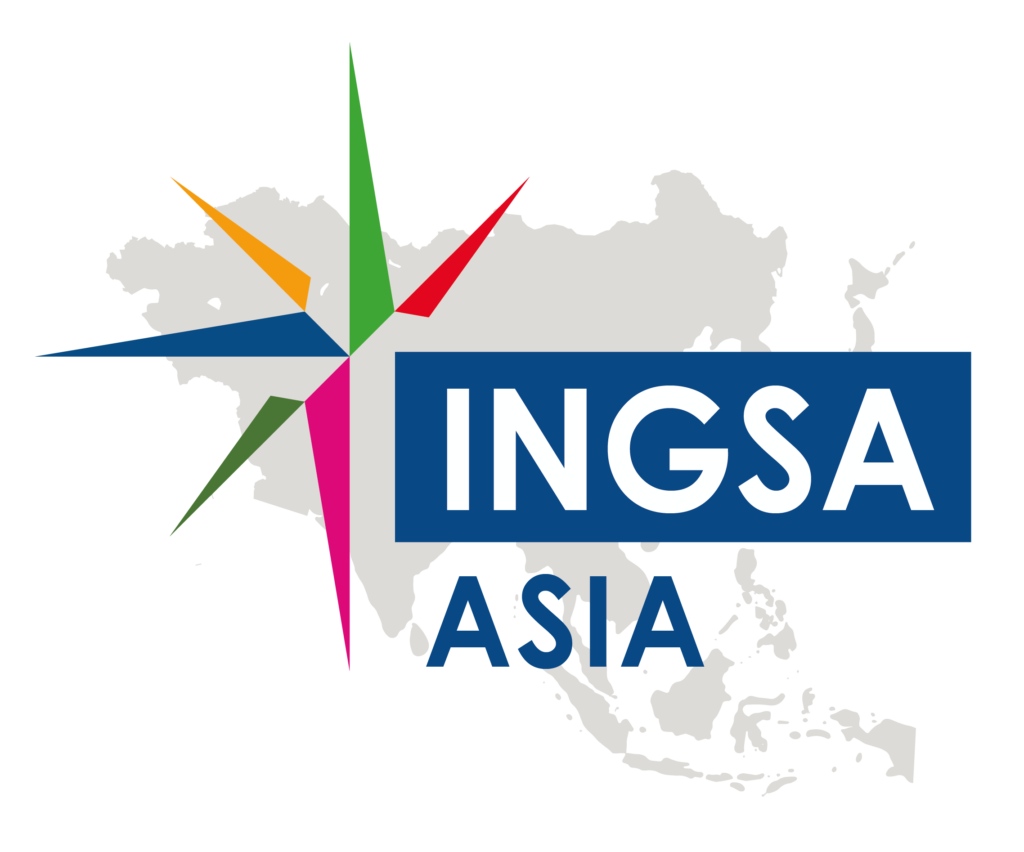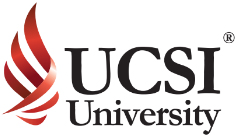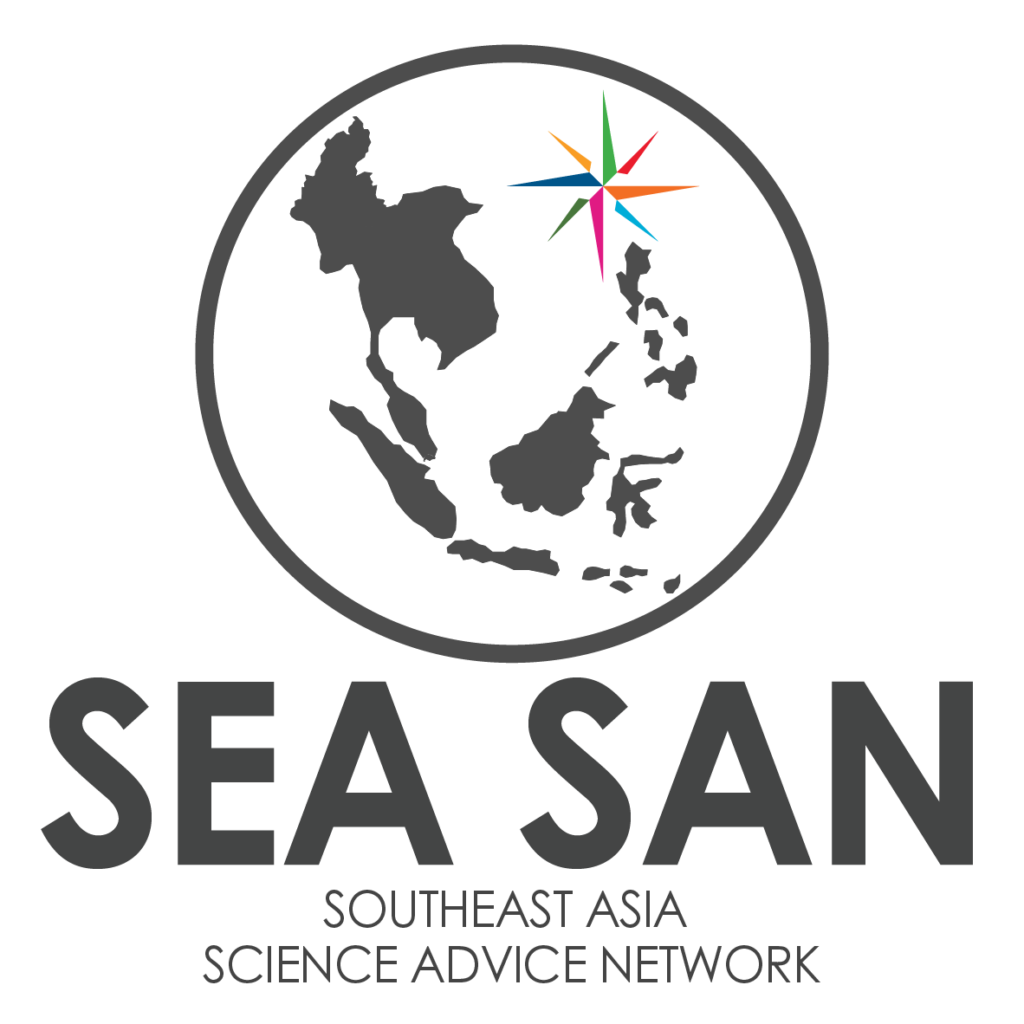
Projects and Partners
The INGSA-Asia Regional Chapter has worked with diverse partners across the continent on collaborative workshops, professional development, and projects.
In particular, INGSA-Asia would like the thank UCSI University for their administrative support of the Regional Office and staff.
If you or your organisation would like to discuss collaboration or engaging INGSA-Asia to run a capacity development workshop, then please Contact Us.

INGSA-Asia Partners and Supporters

UCSI University
Built on the principles of audacity, perseverance, integrity and excellence, UCSI University is a leading institution of higher learning with campuses in Kuala Lumpur, Springhill (Port Dickson) and Kuching, Malaysia. Our faculties, equipped with state-of-the-art facilities to meet student needs offer a wide spectrum of academic programmes, ranging from Medicine, Pharmacy, Nursing, Engineering and Architecture to Music, Multimedia, Education, Liberal Arts and Hospitality.

ISC Regional Focal Point for Asia and the Pacific (ISC RFP-AP)
Based at the Australian Academy of Science, the regional focal point convenes the scientific community in Asia-Pacific and acts as a hub for ISC Members and activities in the region.
The Regional Focal Point began its operations in 2023, and is working to ensure that regional needs and priorities are adequately represented in the ISC’s global agenda, that regional voices are actively engaged in the governance and management of the ISC’s work, and that the region benefits from the results of that work.

U.S. National Academies of Sciences, Engineering, and Medicine (US-NASEM)
The U.S. National Academies of Sciences, Engineering, and Medicine (NASEM) is a prestigious institution that provides independent, objective advice on matters related to science, technology, and medicine. NASEM is composed of three main entities: the National Academy of Sciences (NAS), the National Academy of Engineering (NAE), and the National Academy of Medicine (NAM).
Collectively, these three academies collaborate under the umbrella of NASEM to address complex and multifaceted challenges at the intersection of science, engineering, and medicine. NASEM conducts studies, provides recommendations, and issues reports that inform policymakers, stakeholders, and the public on a wide range of topics, including public health, environmental sustainability, technological advancements, and more.
As a collaborative partner with INGSA-Asia, NASEM brings its wealth of knowledge and expertise to jointly address the critical issue of Countering Zoonotic Spillover of High Consequence Pathogens. This collaboration leverages the strengths of both organizations to develop strategies and policies that enhance preparedness and response capabilities, ultimately safeguarding communities from the threats of zoonotic diseases.
Projects
In 2021, INGSA undertook partnership a with the U.S. National Academies of Sciences, Engineering, and Medicine (NASEM), to deliver a 3-year project to explore ways to help prevent and mitigate the consequences of the zoonotic spillover originating in the live animal supply chain that involve the overlap between wildlife, other animal species, and humans.
After a program of expert workshops the project is on track to produce a Guidebook and supporting material to enable the sharing and implementation of best practice between experts, regulators and responsible parties long the full length of the live animal supply chain.
The Southeast Asia Science Advice Network (SEA SAN) provides a mechanism for the sharing of knowledge and experience between senior-level decision makers, academics and professionals in Southeast Asia. A key feature of the SEA SAN is the Policy Intelligence Platform which serves as an online platform to facilitate collaboration and discussion between network members in real-time.
Five Southeast Asian countries (Indonesia, Philippines, Thailand, Vietnam, and Malaysia) took part in the pilot study of the SEA SAN. It is hoped that the SEA SAN will expand to all Southeast Asian countries, and become an entrenched regional institution for science advice which can be mobilised quickly in case of transnational crisis in the future.









